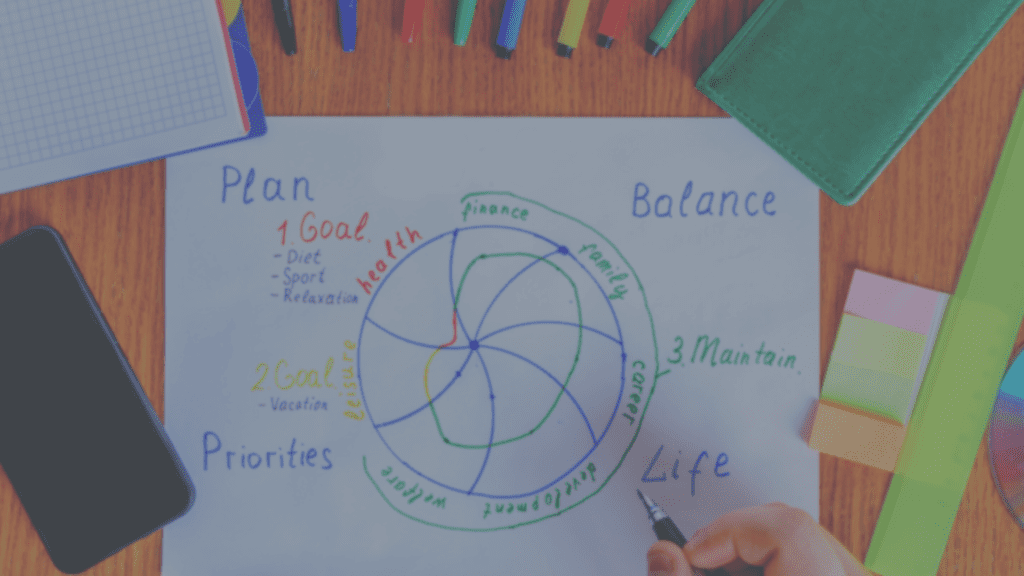Stretching Your Brain
Cognitive Flexibility


What is Cognitive Flexibility?
Cognitive flexibility is the ability to shift your thinking, adapt your approach, and consider new perspectives. This executive function is essential for adjusting to new situations, overcoming challenges, and responding to change. It enables individuals to recognize when a strategy isn’t working and pivot toward more effective methods.
Rather than getting stuck in rigid patterns, cognitive flexibility allows for adaptive problem-solving and open-minded decision-making in both personal and professional settings.
Thinking on Your Feet
Understanding Cognitive Flexibility
Navigating an ever-changing world requires the ability to shift gears, reframe situations, and explore new approaches. Cognitive flexibility includes three core elements:
Mental Shifting
The ability to switch focus between different tasks or thoughts.
Adaptability
Adjusting thinking and behavior in response to new circumstances.
Perspective Taking
Considering different viewpoints and approaches to problem-solving.
Identifying Struggles
Recognizing Cognitive Flexibility Challenges
Difficulties with cognitive flexibility can show up in everyday life, making it harder to adjust to new situations. Common signs include:
Sticking to One Approach
Struggling to shift strategies when something isn’t working.
Resistance to Change
Finding comfort in routine but difficulty when transitions occur.
Creative Blocks
Struggling to generate new ideas or think outside the box.
Repeating the Same Mistakes
Struggling to recognize when a change in approach is needed.
Difficulty shifting attention appropriately
Getting stuck on certain tasks while neglecting others.
Feeling Overwhelmed by Unexpected Events
Difficulty adjusting when plans or routines shift.
Expanding Your Thinking
Strategies to Strengthen Cognitive Flexibility
Here are some practical ways to increase adaptability and approach challenges with a fresh mindset:
Try Something New
Engage in activities that challenge your routine to develop mental flexibility.
Preview & Plan for Change
Think through possible adjustments in advance to ease transitions.
Use Pros & Cons Lists
Weigh different approaches before making decisions.
Shift Daily Routines
Intentionally vary aspects of your routine to build comfort with change.
Reflect & Adapt
Regularly assess what worked, what didn’t, and what adjustments to make.
Unlocking Your Potential Through Coaching
How Coaching Supports Cognitive Flexibility
Coaching supports individuals in developing strategies to navigate change, break rigid thought patterns, and problem-solve more effectively. Through coaching, you can:
Increased Self-Awareness
Gain insight into thinking patterns and how they affect decision-making.
Strategy Development
Create techniques and strategies tailored to your unique strengths.
Regular Feedback
Work with a coach to test new approaches and adjust as needed.
Accountability & Follow-Through
Keep track of progress and stay motivated to implement change.
Set Your Path
Time to Try Something New
If challenges with cognitive flexibility are affecting your ability to adapt, coaching can help you build strategies to navigate change with confidence. Contact us today to explore how personalized support can help you manage transitions, problem-solve effectively, and embrace new opportunities.
Discover Essential Cognitive Skills
Learn More About Other Executive Functions
Working Memory
Holding and Using Information Effectively Working Memory What is Working Memory? Working memory is a fundamental cognitive skill that allows...
Goal Setting
Elevate Your Performance Goal Setting What is Goal Setting? Goal setting is a crucial cognitive process that allows individuals to...
Inhibitory Controls
Filtering Focus for Success Inhibitory Controls What are Inhibitory Controls? Inhibitory controls are the brain’s ability to regulate attention and...
Goal-Directed Persistence
Staying the Course, Pushing Through Challenges Goal-Directed Persistence What is Goal-Directed Persistence? Goal-directed persistence is the ability to consistently work...



